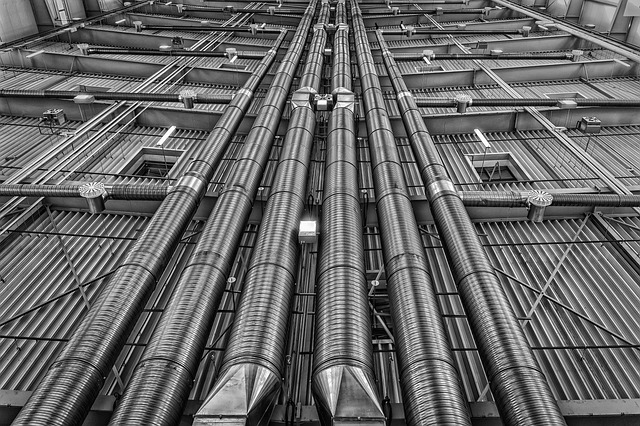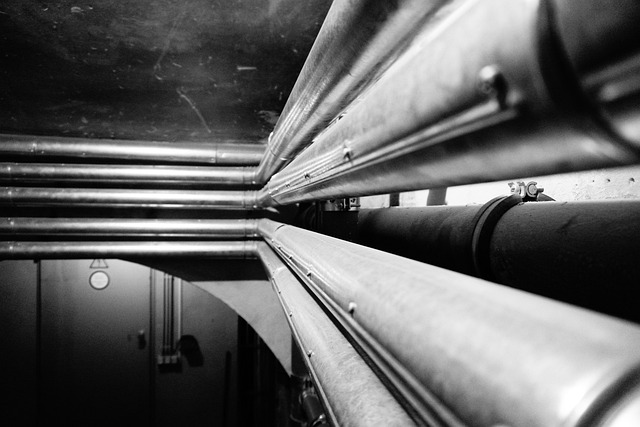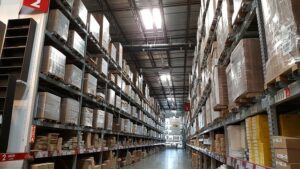Corrosion and scale buildup in electric combination boilers cause performance issues. Modern solutions use corrosion-resistant materials, advanced water treatment, and smart controls for longer lifespans and improved efficiency. Stainless steel is a strategic choice due to its resistance to chemical corrosion and maintainance benefits. Proper cleaning and inspection prevent buildup, extending boiler life and saving energy.
“Unveiling the secrets behind the longevity of stainless-steel electric combination boilers, this article delves into the heart of efficient heating systems. Corrosion and scale buildup are common boiler adversaries, but stainless steel emerges as a robust defense. We explore the science behind these phenomena, shedding light on why stainless steel is a top choice for durable boilers.
Additionally, discover practical maintenance routines ensuring optimal performance and lifespan. From preventive measures to regular checks, these strategies keep your electric combination boilers running smoothly.”
- Understanding Corrosion and Scale Formation in Boilers
- The Role of Stainless Steel in Prevention Strategies
- Effective Maintenance Practices for Longevity
Understanding Corrosion and Scale Formation in Boilers

Corrosion and scale formation are common challenges faced by various types of boilers, including electric combination boilers. Corrosion refers to the deterioration of metal surfaces due to chemical reactions with substances in the boiling water, leading to the weakening of the material’s integrity over time. In the case of electric combi boilers, which directly heat water on demand, corrosion can occur at heating elements and other metallic components exposed to the water. Scale, on the other hand, is a buildup of mineral deposits that form as hard, brittle layers inside the boiler’s heating passages. This occurs when certain minerals present in tap water precipitate out due to changes in temperature and pressure during the boiling process.
Scale formation can significantly reduce the efficiency of electric combi boilers, residential electric heating systems, and tankless electric boilers by impeding heat transfer and restricting water flow. Over time, severe scaling may lead to boiler failure or require frequent maintenance, impacting energy efficiency and overall performance of combination heating systems and electric HVAC boilers. To combat these issues, many modern electric hot water heating systems incorporate corrosion-resistant materials, advanced water treatment technologies, and smart controls that monitor water quality and optimize cleaning processes in compact boiler systems, ensuring longer lifespan and superior energy efficiency.
The Role of Stainless Steel in Prevention Strategies

Stainless steel plays a pivotal role in the strategy to prevent corrosion and scale buildup within electric combination boilers. Its inherent properties make it an ideal material for this application, ensuring the longevity and efficiency of these compact boiler systems, such as tankless electric boilers and residential electric heating solutions. The metal’s resistance to chemical corrosion and its ability to maintain structural integrity even under extreme conditions are key advantages in the world of combination heating systems and electric HVAC boilers.
By utilizing stainless steel in electric combi boilers, manufacturers address the common issues associated with traditional boiler designs, such as scale accumulation and corroded components. This material’s natural resistance to mineral deposits ensures that residential and commercial space heating systems remain efficient, reducing the risk of costly repairs and maintenance typically associated with scaling and corrosion in electric hot water heating applications. Thus, energy-efficient boilers made from this durable metal offer a reliable and sustainable solution for modern building infrastructure.
Effective Maintenance Practices for Longevity

Maintaining stainless-steel electric combination boilers is essential for ensuring their longevity and optimal performance. Regular cleaning and inspection are key practices to prevent corrosion and scale buildup, which can significantly impact the efficiency of these compact boiler systems. By implementing effective maintenance routines, users can prolong the lifespan of their electric combi boilers. This includes periodically checking for any signs of rust or calcium deposits, especially in hard water areas, as these can indicate potential issues.
Proper care involves flushing the system at intervals recommended by manufacturers to remove accumulated minerals and corrosion products. Additionally, using suitable cleaning agents and avoiding harsh chemicals helps maintain the integrity of the stainless-steel surface. Regular maintenance not only preserves the boilers’ efficiency but also contributes to energy savings in residential electric heating or space heating systems, making them a reliable choice for long-term use as energy-efficient boilers.
Electric combination boilers, with their stainless-steel construction, offer a robust solution to the age-old challenges of corrosion and scale formation. By understanding these issues and leveraging the properties of stainless steel, homeowners and professionals can ensure these boilers provide efficient heating for years to come. Regular maintenance practices, such as regular cleaning and checking for leaks, further extend their lifespan, making stainless-steel electric combination boilers a reliable and sustainable choice for modern homes and businesses alike.
